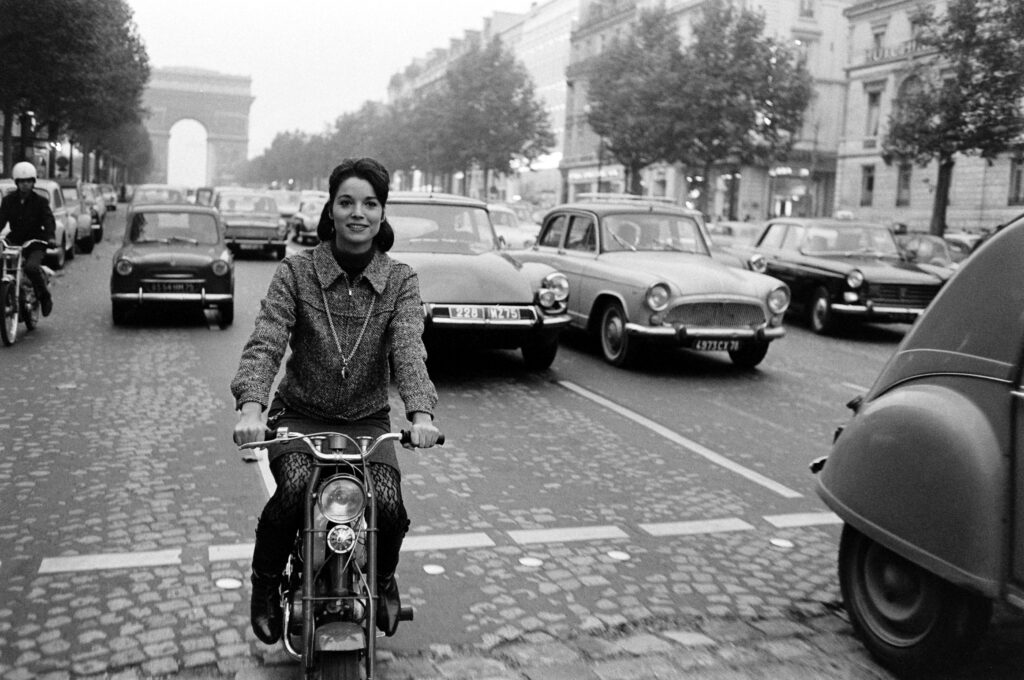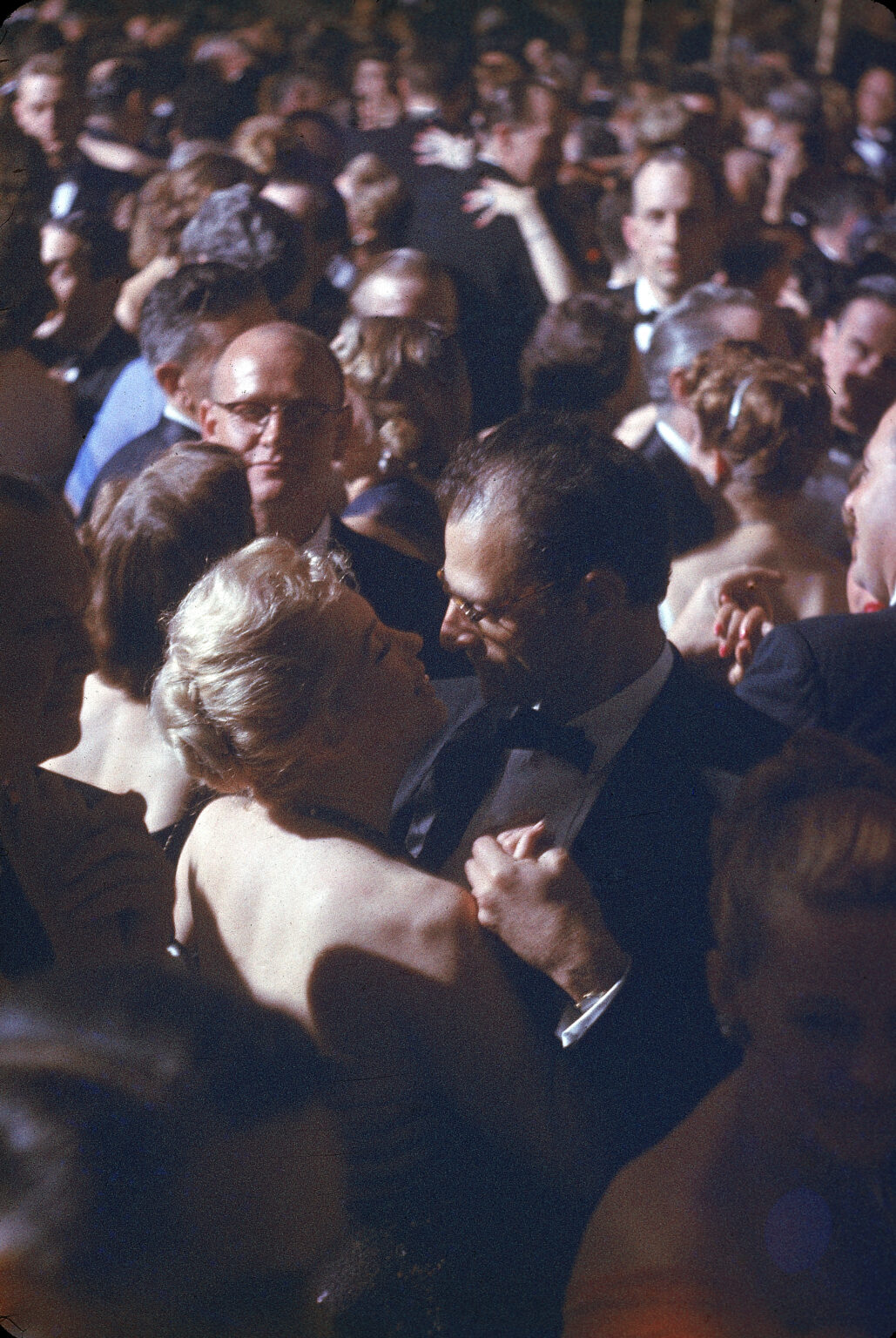Written By: Ben Cosgrove
Neil Armstrong, who died in 2012, was one of those rare, genuine heroes whose legend grew larger with passing years not because he nurtured the myths that attached to him as the first human to walk on the moon, but because he quietly, resolutely refused to play the role of the publicly lauded Great American.
And yet, as private as he was, much of Armstrong’s career with NASA was chronicled, in depth, by LIFE magazine and other media. They were there, covering Armstrong’s role as one of the agency’s astronauts — an astronaut who would ultimately become far more famous than most by virtue of his role on the Apollo 11 flight, but who was, for the entirety of that career, as disciplined a team player as the space program ever produced.
[Order the LIFE Book, Neil Armstrong 1930-2012]
Evoking Armstrong’s personal and professional ethos to perfection, LIFE in 1969 wrote of him: “He grew up in Middle America during the Depression, steered by a set of stern and stubborn values: work hard, smile, save your money, count your blessings (things could be worse) and pray a lot (things could be better). Also: learning is the salvation of the human race, and sloth by far its greatest peril.”
Neil Armstrong worked hard. He inspired others not by any self-consciously grand gestures, but by his dedication to excellence and his tenacious search for ways to further human knowledge and human experience; by firing imaginations around the globe with his humility (“One small step for a man …”); and by his quiet, understated, unquestionable courage.

Neil Armstrong, commander of the Apollo 11 mission to moon, in training for his work on the lunar surface, 1969.
Ralph Morse Time & Life Pictures/Shutterstock

Neil Armstrong, LIFE magazine, July 25, 1969

Apollo 11 lifts off on its historic flight to the moon, July 16, 1969.
Ralph Morse Time & Life Pictures/Shutterstock

Jan Armstrong, wife of astronaut Neil Armstrong, and sons gaze up as Apollo 11 heads for space, Florida, 1969.
Vernon Meritt III Time & Life Pictures/Shutterstock

Neil Armstrong and family, 1969.
Ralph Morse Time & Life Pictures/Shutterstock

Neil Armstrong plays with his 10-year old son Mark, spring 1969.
Ralph Morse Time & Life Pictures/Shutterstock

Apollo 11 astronauts Neil Armstrong, Michael Collins and Buzz Aldrin chat over drinks in Houston before their historic flight.
Ralph Morse Time & Life Pictures/Shutterstock

NASA’s newest astronauts, 1963: Bottom row (from left): James Lovell Jr., James McDivitt, and Charles Conrad Jr.; second row: Elliot See Jr. and Major Thomas Stafford; third row: Captain Edward White II and Lt. Commander John Young; top row: Neil Armstrong and Major Frank Borman.
Ralph Morse Time & Life Pictures/Shutterstock

Neil Armstrong beside a prototype lunar lander module, Edwards Air Force Base, 1964.
Ralph Morse Time & Life Pictures/Shutterstock

Gemini 8 astronauts David Scott (left) and Neil Armstrong, 1966. Their March 1966 Gemini mission was NASA’s sixth manned space flight.
Ralph Morse Time & Life Pictures/Shutterstock

Gemini 8 astronauts Neil Armstrong and David Scott, floating in the Pacific after splashdown, 1966.
NASA/LIFE

Neil Armstrong training for the Apollo 11 mission, Ellington Air Force Base, Texas, 1968.
Lynn Pelham Time & Life Pictures/Shutterstock

Neil Armstrong ejecting safely as a “flying bedstead” (a prototype lunar lander) crashes and burns, 1968.

Apollo astronauts Neil Armstrong and Buzz Aldrin operate a simulator prior to their lunar mission, 1967.
Ralph Morse Time & Life Pictures/Shutterstock

Apollo 11 Lunar Module pilot Buzz Aldrin; Command Module pilot Michael Collins; Mission Commander Neil Armstrong, March 1969.
Ralph Morse Time & Life Pictures/Shutterstock

A view of Earth from space during the Apollo 11 mission, July 1969.
NASA/Time & Life Pictures/Shutterstock

Astronaut Buzz Aldrin stands on the lunar surface, photographed by Neil Armstrong, July 1969.
NASA/Time & Life Pictures/Shutterstock

Apollo 11 astronauts Neil Armstrong and Buzz Aldrin plant the American flag on the moon, July 1969.
NASA

Buzz Aldrin on the moon, photographed by Neil Armstrong, July 1969.
NASA/Time & Life Pictures/Shutterstock

Jan Armstrong follows the Apollo 11 mission on television with friends and neighbors, 1969.
John Olson Time & Life Pictures/Shutterstock

Astronaut Neil Armstrong making historic moonwalk during Apollo 11 lunar mission, 1969.
CBS News/Time & Life Pictures

A tired but quietly jubilant Apollo 11 astronaut Neil Armstrong in space capsule after his historic walk on moon, July 1969.
NASA

Footprint left on the moon by Apollo 11 astronaut, 1969
NASA/Time & Life Pictures/Shutterstock

President Richard Nixon speaks with Apollo 11 astronauts Armstrong, Collins and Aldrin (still in their quarantine room) aboard the recovery ship Hornet following the crew’s return to Earth, July 24, 1969.

Apollo 11 astronauts Armstrong, Collins and Aldrin peer out the window of their quarantine room aboard the recovery ship Hornet following their return to Earth after historic mission to the moon, July 24, 1969.
NASA/Time & Life Pictures/Shutterstock

Michael Collins, Buzz Aldrin and Neil Armstrong chat inside the quarantine room in Houston, July 30, 1969.
AFP/Shutterstock

Collins, Armstrong and Aldrin inside a glass-enclosed cage to preserve their post-mission quarantine, July 1969.
Arthur Schatz Time & Life Pictures/Shutterstock

Apollo 11 astronauts Neil Armstrong, Buzz Aldrin and Michael Collins wave to crowds during a parade celebrating their return from the moon, August 1969.
NASA/LIFE

A photo of the American flag on the moon, taken during lift-off from the lunar surface, July 1969.
NASA

Neil Armstrong training for the Apollo 11 moon mission, Ellington Air Force Base, Texas, 1968.
Lynn Pelham Time & Life Pictures/Shutterstock






































